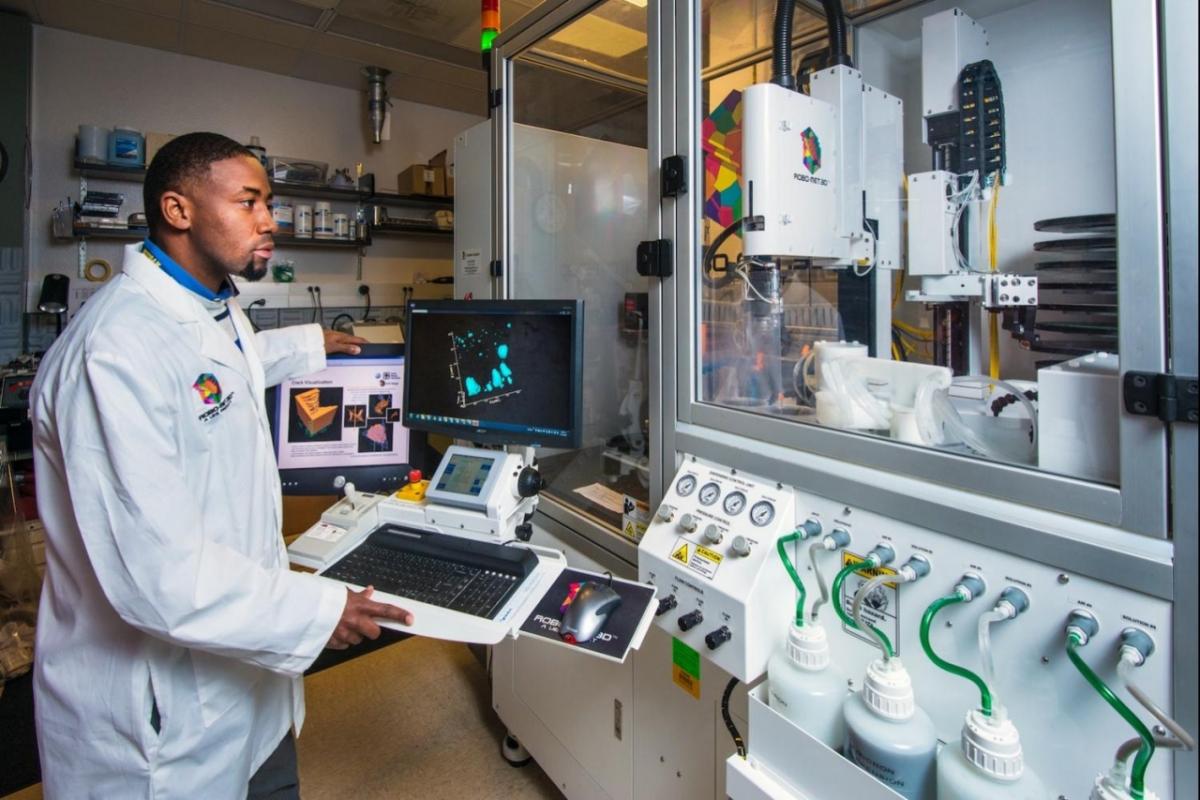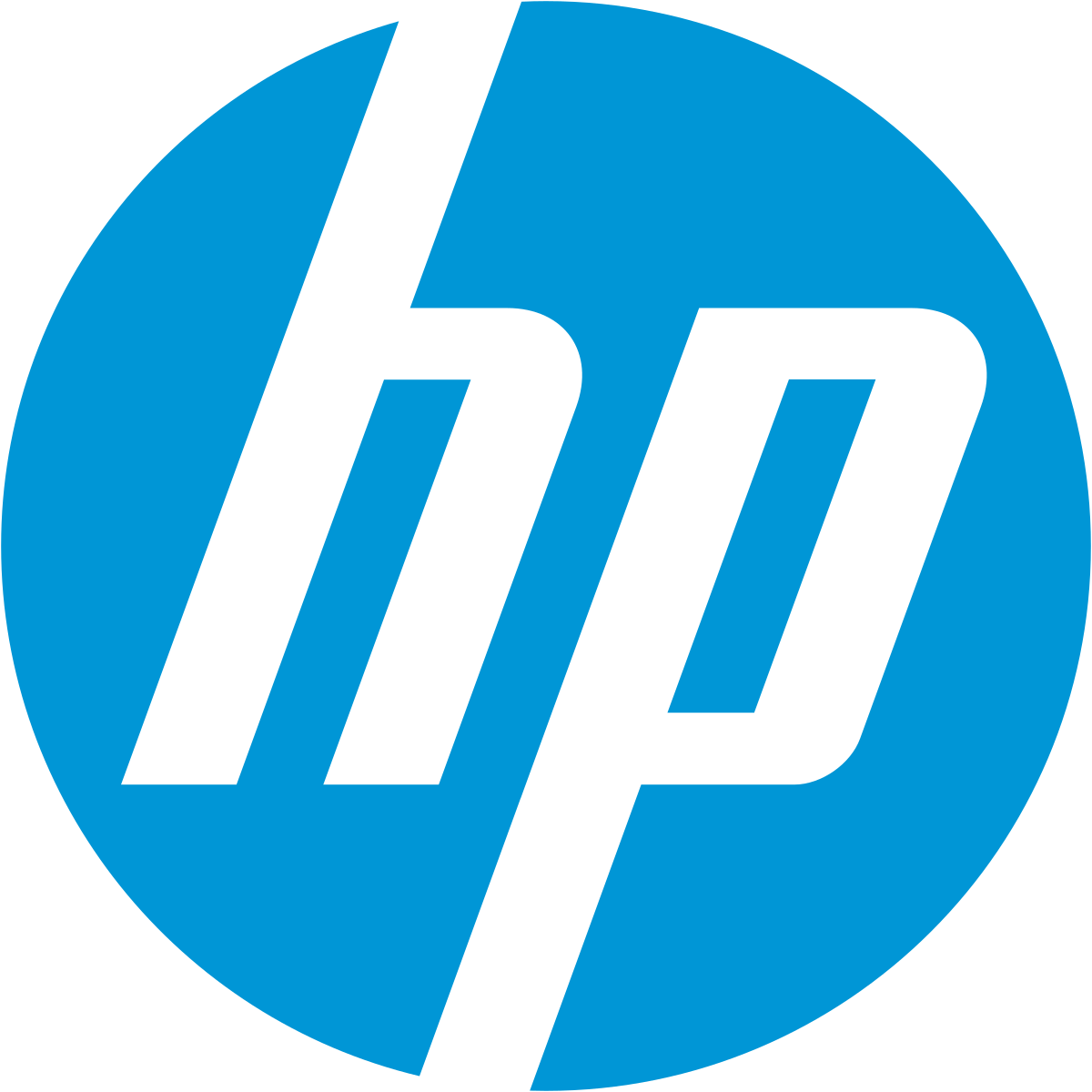HBCUs and Tech Leaders are Joining Forces to Increase Tech Opportunities for Black Students
Words by Megan Amrich

Originally published on TriplePundit
Black Americans make up 12 percent of the total U.S. population yet hold only 7 percent of tech industry jobs. The numbers in higher-level roles are even more staggering: Four percent of tech managers and less than 2 percent of C-suite tech executives are Black, according to the U.S. Equal Employment Opportunity Commission.
Why the discrepancies? Many companies, when posed this question, respond that the issue lies in the “pipeline” of talent: There are not enough qualified Black candidates applying for open tech positions. While many of these claims have been debunked, it is true that there needs to be a concerted push for expanded science, technology, engineering and math (STEM) education and job training in Black communities.
Historically Black colleges and universities (HBCUs) are a natural fit for many of these programs. According to the UNCF, America’s approximately 100 HBCUs produce almost 25 percent of all STEM degrees received by Black students.
Here are several factors contributing to the racial divide in STEM education and careers and how HBCUs are partnering with tech companies to bring about change and equity in the industry.
Providing internet access and building exposure to STEM in early years
When schools shifted to remote learning models last year in response to the coronavirus pandemic, much attention was paid to the digital divide, or the lack of reliable internet in marginalized communities. At least 12 million kindergarten through 12th grade students in the U.S. — including 2 million Black students — do not have reliable high-speed internet access at home.
This June, HP launched its Partnership and Technology for Humanity (PATH) Initiative, which is a program to help HP accelerate digital equity for 150 million people worldwide by 2030. As part of PATH, HP co-sponsored the virtual PATH Summit to explore what it will take to reach digital equity in the next 10 years. During the summit, Dr. Dennis Kimbro, a professor at Clark Atlanta University, an HBCU, said: “Research has shown if a child engages in internet activities during elementary school, they will do it in their career. If you don’t expose them in these younger years, the game is over.”
Dr. Almesha L. Campbell is assistant vice-president for economic and research development at Jackson State University (JSU), an HBCU in Mississippi. She further underscored the transformative power of college-based summer programs on introducing middle-schoolers to STEM careers: “Sometimes, college can be too late as students already have developed beliefs like ‘math is too hard,’ ” she told TriplePundit. “At JSU’s Young Innovators Program, we explore entrepreneurship, virtual reality (VR) and 3D printing. By the time these students get to college, they will blow us away with what they can achieve.”
Unlocking practical experience with real-world technology
Familiarity and hands-on experience with the latest technologies can go a long way in helping college students discern the direction of their educational and career interests. HP has partnered with several HBCUs to provide cutting-edge technology to enhance students’ academic experiences.
Last year, HP launched a pilot program with North Carolina A&T State University centered on 3D printing. The tech giant not only provided the equipment, but it also made a commitment for internship and apprenticeship opportunities for students. HP launched a similar program with JSU focusing on VR headsets and expects to roll out future collaborations with JSU built around 3D printing.
Providing more exposure to professional organizations and decision-makers
Campbell said HBCUs provide students with a rich sense of community. “It is a family dynamic, and we carry that with a sense of pride,” she told us. “We make sure we bring that pride to the opportunities we provide our students.”
Lesley Slaton Brown, chief diversity officer at HP, said this community aspect makes it even more crucial for tech companies to welcome HBCU graduates’ uniqueness and talent.
“We don’t just want to seek out their talent, but build opportunities,” Slaton Brown said. “It’s less about getting our company logo on signage and more about building relationships.”
Another way in which HP has partnered with HBCUs is through the HBCU Business Deans’ Roundtable. HP joined the Roundtable as a founding member in 2017 and in that same year sponsored the first HBCU Business Challenge. During that competition, students gain practical business experience as they work on their business plans and obtain mentorship from HP executives to learn more about the industry and employment opportunities. Since the inaugural challenge, more than a dozen participants have gone on to accept positions with HP.
Connecting what’s taught in the classroom to what is needed in the workplace
In the ever-changing world of technology, there can be a gap between what skills are taught in the classroom and what skills are most needed in the workplace. There’s also a greater need to accelerate digital transformation as schools had to shift to online learning in days, not years, due to COVID-19.
To address these challenges, HP is joining with Hewlett Packard Enterprise, Intel and Microsoft this September to present the inaugural HBCU Technology Conference. The conference comprises three separate tracks, each designed for a particular segment of the HBCU community: IT departments; faculty and administration; and students. For the student track, there will also be a Bot-a-Thon in which students can gain hands-on automation skills, and top finalists have the opportunity to interview for internship positions at HP and Microsoft.
“This conference will offer direct access to tech corporations and the opportunity to brainstorm in a nonjudgmental environment to better prepare students,” Slaton Brown said. “We can share the HP technology we are proud of but, more importantly, we can help decision-makers be equipped for the careers of the future.”
Campbell, who is on the planning committee for the student track of the conference, said the event has piqued the interest of students at JSU. “Students are excited to build their résumés. I see their hunger for learning – a hunger to know new things and interact with new technology,” she said. “Imagine how freshmen can transform their next three years of education and the classroom experience if they attend this conference — they will have a whole new network of connections.
Click here for more information on the HBCU Technology Conference.
This article series is sponsored by HP and produced by the TriplePundit editorial team.
Image credit: Unsplash/Science in HD

